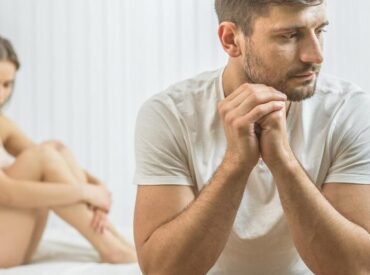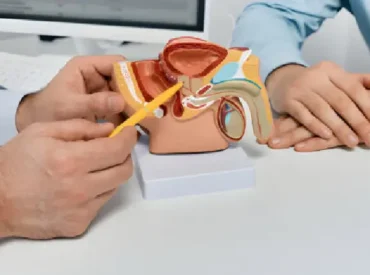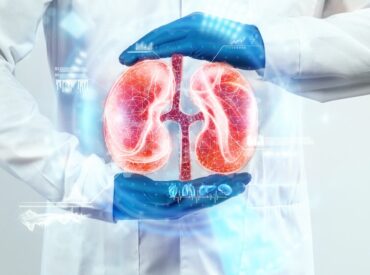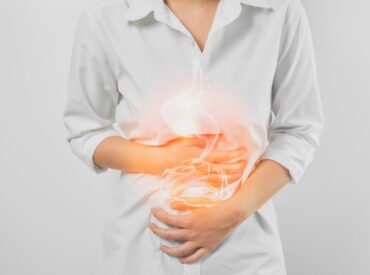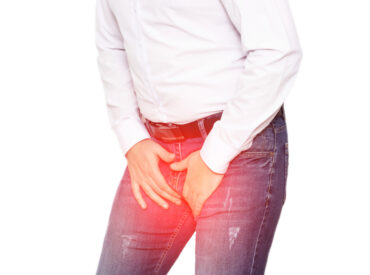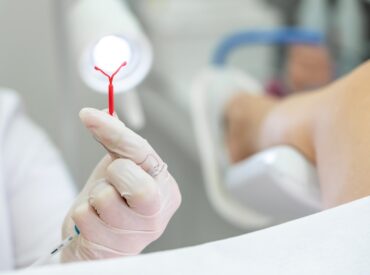Home > Department > Urology

Best Urological Care
The Urologist do initial evaluation and makes proper diagnosis and provide medical and surgical treatment of all diseases of male and female genitourinary system
- We conduct a range of tests to help us work out why you're not feeling well and determine the right treatment for you.
- Changes in urination, like frequent urination or feeling like you always have to go.
What is urology?
Urology is a medical specialty that focuses on the diagnosis and treatment of diseases and disorders of the male and female urinary system, along with medical conditions of the male reproductive system. Some common urological disorders are urinary tract infections (UTIs), urinary incontinence, etc.
Urological treatments in Keshavnagar, Pune
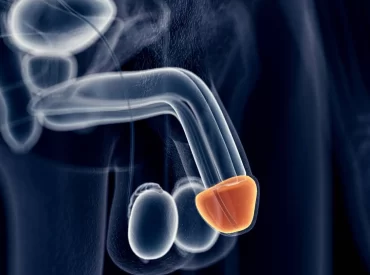
Circumcision
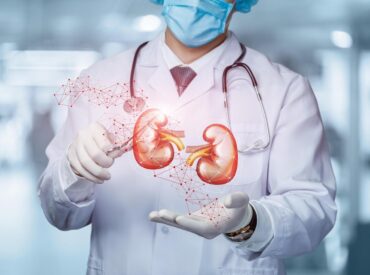
URSL (Ureteroscopic Lithotripsy)
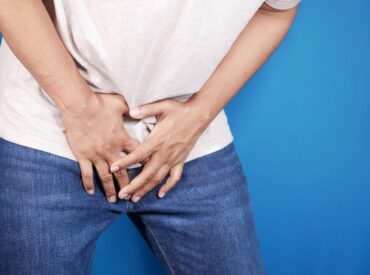
Stapler Circumcision
The Urologist do initial evaluation and makes proper diagnosis and provide medical and surgical treatment of all diseases of male and female genitourinary system
common urological disorders are urinary tract infections (UTIs), urinary incontinence,kidney stone,benign prostatic enlargement,phimosis etc.You should visit a urologist if you have any pain, discomfort, or difficulty while urinating, as that may be a sign of dysfunction of the bladder, kidneys, ureters, or urethra.
Symptoms & Diagnosis
Kidney stones can lead to various symptoms, including:
- Severe Pain
- Hematuria
- Cloudy or Foul-Smelling Urine
- Feeling pain in your lower back or side of your body.
- Having nausea and/or vomiting with the pain.
- Seeing blood in your urine.
- Feeling pain when urinating.
- Being unable to urinate.
- Feeling the need to urinate more often.
- Fever or chills.
How to diagnose kidney stone
The doctor may recommend some diagnostic tests to confirm the presence of stones and determine their size, location, and number. Here are some diagnostic tests recommended by the kidney stone doctors –
- Imaging tests – Includes abdominal X-rays, ultrasound, MRI, and CT scans.
- Blood tests – To examine the contents of calcium, phosphorus, uric acid, and electrolytes.
- Blood urea nitrogen (BUN) and creatinine – To determine any abnormal functioning of the kidneys.
- Feeling pain in your lower back or side of your body.
- Urinalysis – To assess urine contents and indicate any bacteria, blood, etc.

